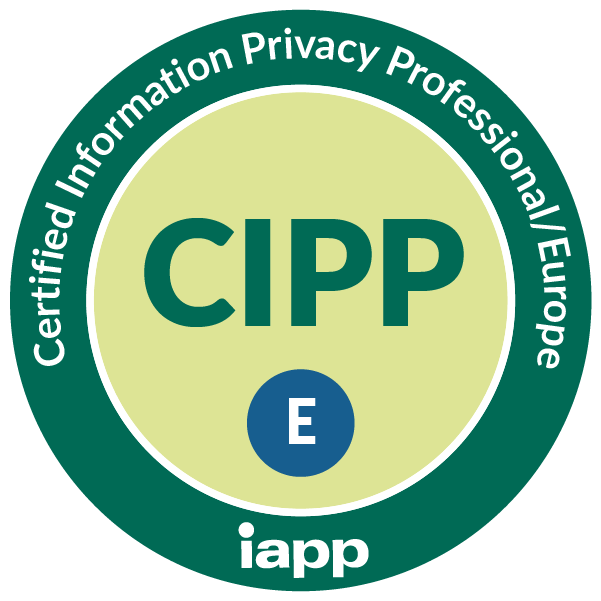Course Overview
The Certified Information Privacy Professional/Europe (CIPP/E) course is a comprehensive training program designed to provide a deep understanding of European data protection laws and regulations, including the General Data Protection Regulation (GDPR). This course is ideal for professionals seeking to enhance their knowledge of privacy laws and practices in Europe, ensuring compliance and effective data protection strategies within their organizations. The CIPP/E certification, recognized globally, validates your expertise in European privacy laws and equips you with the skills needed to manage and protect personal data effectively.
Course Objectives
By the end of this course, participants will be able to:
- Understand the fundamental concepts of European data protection laws and regulations.
- Apply the principles of the GDPR and other relevant data protection laws.
- Develop and implement effective data protection strategies.
- Manage data subject rights and data breach responses.
- Ensure organizational compliance with European data protection laws.
- Navigate cross-border data transfer requirements.
- Conduct data protection impact assessments (DPIAs).
Target Audiance
- Data protection officers (DPOs)
- Compliance officers
- Legal professionals
- Privacy officers and managers
- Information security professionals
- IT and data governance professionals



 2
2